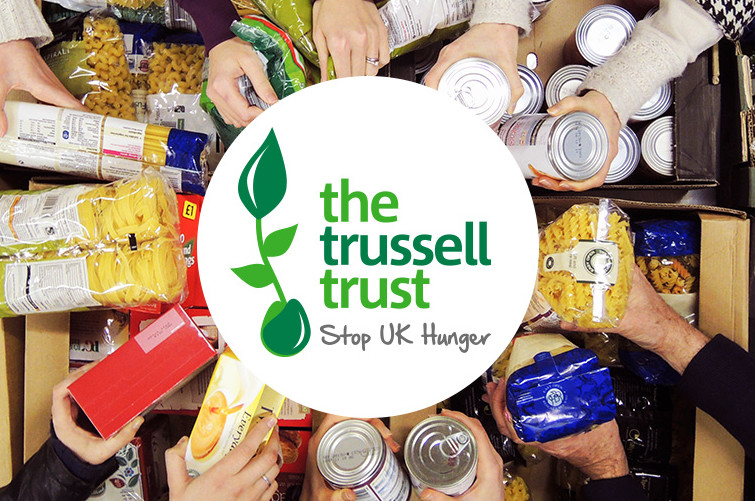Ellie Thompson, Policy and Public Affairs Officer
In all the hubbub of a very busy news week last week, one exciting announcement that may have slipped under people’s radars was the creation of a new Covid Winter Grant Scheme to help people struggling to afford food and other essentials. The scheme will see £170m given to councils in England to spend on supporting people worst affected by the crisis between the start of December and the end of March 2021. This decision to provide funding for local welfare assistance is testament to the efforts of food banks, campaigners and charities across the country, who have all been calling for this vital support.
Provision of local welfare assistance by local authorities, which can include emergency cash grants as well as longer-term support (such as debt and benefits advice), has long been recognised as a key part of the social security system. In our recent report Local Lifelines we highlighted the crucial role that this support played during the Covid-19 crisis, particularly in areas where the local authority had previously invested in their support scheme and were able to respond quickly and flexibly to support those in financial crisis during the lockdown. This provision of effective local welfare assistance can help prevent a financial emergency from escalating into a more sustained crisis.
The Trussell Trust, alongside key partners such as The Children’s Society, has been calling for a £250m per year investment into local welfare assistance in England. So this announcement of £170m funding for four months shows a significant commitment on the part of the government to ensure that councils have the cash to support people who don’t have enough money for essentials after being hit by an emergency. This is an excellent first step, but this vital local lifeline needs to be there whenever it’s needed, not just this winter. This is why, whilst we welcome this step, we’ll be calling for continued funding for local welfare assistance beyond March 2021.
Not only did the government announce £170m for local welfare support, but following the fantastic campaigning efforts of Marcus Rashford, the Food Foundation and others, there is also £220m funding to provide support to families through the school holidays. This is another clear example of the power that we all have to create change.
This new funding for locally delivered support may mean the difference for many families between staying afloat and slipping into destitution. Crucially, we would like to see this funding spent in line with the examples of best practice we saw in our research and highlighted by others such as the Local Government Association. This includes providing tailored and wrap-around support which connects people to other relevant services in their community, addressing underlying needs and enabling them to build their own resilience against future crises.
But right now, we know that food banks are busier than ever, with food banks forecast to give out six emergency food parcels a minute this winter. Whilst local lifelines are crucial, we also need to fix the holes in the national safety net to support people who have been hardest hit by this pandemic:
- The £20 uplift to Universal Credit has been a lifeline pulling people from destitution; the government should not take this away when it is needed most. The uplift must be extended beyond next spring and extended to those on other welfare payments.
- People are also struggling right now with huge levels of debt; three quarters of people arriving at food banks on Universal Credit are repaying advances to cover the five-week wait. All benefit deductions should be temporarily suspended to help those on the lowest incomes.
The Covid-19 crisis has heralded an upsurge in calls for justice for people hardest hit by this crisis. It’s great that the government have listened to our calls to provide support locally. But we must also push for long-term solutions and ensure our national social security system is strong enough to act as the lifeline so many of us need it to be. Only then can we ensure when we are out of this crisis, we can create a Hunger Free Future where everyone has enough money to afford the essentials.



